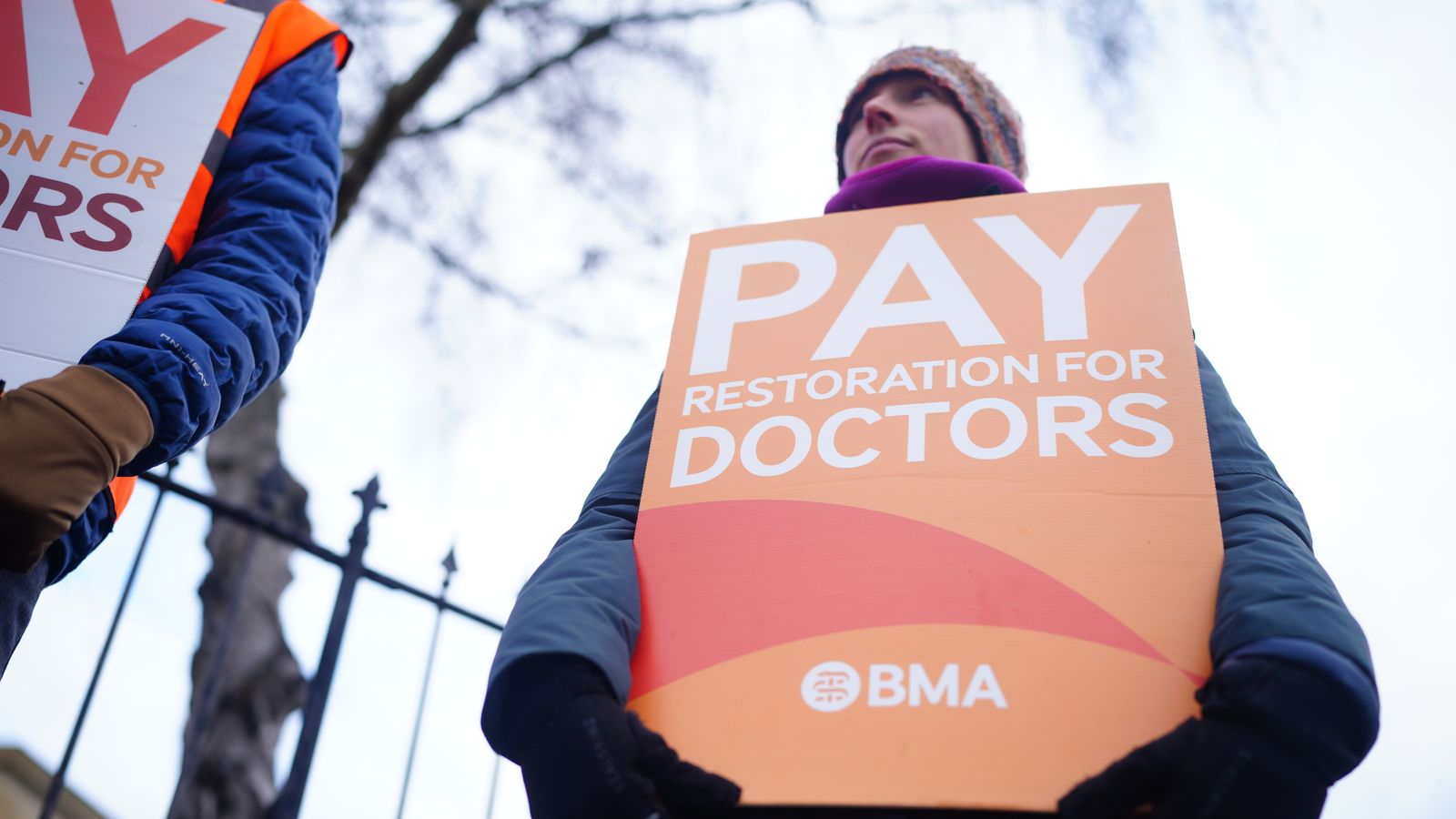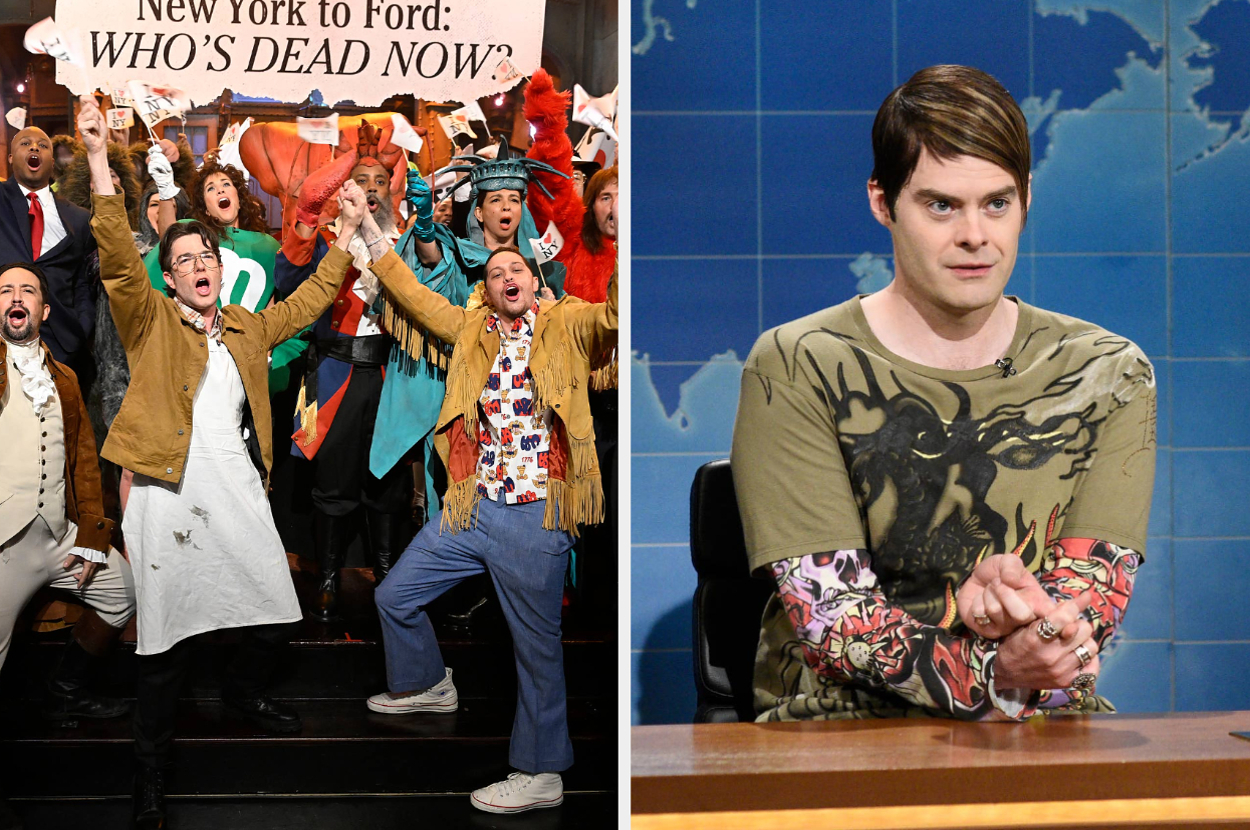Junior doctors in England have voted overwhelmingly to continue strikes over a further six months.
Following on from the longest strike in NHS history in January, 98% of junior doctors who voted were in favour of further industrial action.
The new mandate for strikes lasts from 3 April until 19 September and the ballot also approved the use of action short of strikes.
Over 34,000 junior doctors voted in the re-ballot, which closed at midday today, with the vast majority voting yes a year since they began strike action.
Junior doctors committee co-chairs Dr Robert Laurenson and Dr Vivek Trivedi said: “It has now been a year since we began strike action. That is a year of strikes too many. The Government believed it could ignore, delay, and offer excuses long enough that we would simply give up. That attitude has now led to the NHS wasting £3bn covering the strikes.
“This is more than double the cost of settling our whole claim. And as we see in the results of today’s ballot, delaying tactics will not work: doctors are still determined to see their pay cuts reversed, and they are willing to keep striking another six months to achieve that.
“No doctor wants to be on strike for a second longer than they have to. But it took us 15 years of declining pay to get here. Today’s re-ballot shows that doctors understand that reversing this means being in the struggle for the long haul. We ask the Health Secretary to come forward as soon as possible with a new offer – and make sure not a single further strike day need be called.”
Paramedic quits job after Flintshire assault
Only 3% of dentists believe £200m ‘recovery plan’ will solve NHS patient crisis, poll finds
Mother left with life-long injuries after giving birth breaks ‘silence’ in bid to help others
Following on from January’s six-day strike, junior doctors then conducted five more days of industrial action in February.
In total, almost 1.5 million appointments have been delayed since the industrial action began and the strikes have cost the NHS an estimated £3bn.
The series of walkouts have been staged as part of a campaign by the British Medical Association for their pay to be restored after years of below-inflation increases.
Deputy chief executive of NHS Providers, Saffron Cordery, warned that the announcement marked a “worrying escalation”.
They added: “The resounding backing for six more months of strike action as well as action short of strikes – which is just as hard to plan for and manage – will inevitably lead to more disruption to patient care.
“The knock-on effects for trusts will be also be major worry for trust leaders and their teams who have spent countless hours preparing for strikes, including cancelling and rescheduling appointments while doing everything they can to protect patient safety. This is time that could have been spent improving patient care and tackling sky-high waiting lists.
“With today’s results underlining the sheer strength of feeling among junior doctors, trust leaders are now facing anxious waits on three fronts with consultants voting on whether to accept their new deal, and specialist, associate specialist and specialty doctors being surveyed on their rejected deal.
“Alongside the nearly 1.5 million appointments delayed since industrial action began, strikes are expected to cost the NHS an estimated £3 billion. We cannot go on like this. Politicians and unions must urgently find a way to resolve all disputes for the sake of patients, staff and the NHS.”






